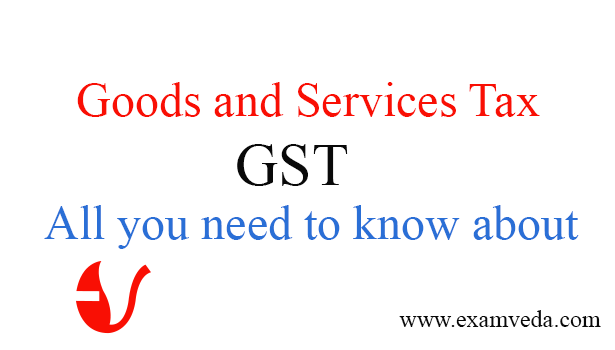The winter session of Parliament is round the corner and the Congress is warming up to counter the ruling BJP on the Goods and Services Tax (GST) Bill.

Here is your cheat sheet to the debate:
• Officially, the Constitution (One Hundred and Twenty-Second Amendment) Bill 2014.
• It was introduced in the Lok Sabha on December 19, 2014 by Finance Minister Arun Jaitley.
• The Bill seeks to amend the Constitution to introduce a goods and services tax (GST) which will subsumes various Central indirect taxes, including the Central Excise Duty, Countervailing Duty, Service Tax, etc. It also subsumes State value added tax (VAT), octroi and entry tax, luxury tax, etc.
• The Bill inserts a new Article in the Constitution make legislation on the taxation of goods and services a concurrent power of the Centre and the States.
• The Bill seeks to shift the restriction on States for taxing the sale or purchase of goods to the supply of goods or services.
• The Bill seeks to establish a GST Council tasked with optimising tax collection for goods and services by the State and Centre. The Council will consist of the Union Finance Minister (as Chairman), the Union Minister of State in charge of revenue or Finance, and the Minister in charge of Finance or Taxation or any other, nominated by each State government.
• The GST Council will be the body that decides which taxes levied by the Centre, States and local bodies will go into the GST; which goods and services will be subjected to GST; and the basis and the rates at which GST will be applied.
• Under the Bill, alcoholic liquor for human consumption is exempted from GST. Also, it will be up to the GST Council to decide when GST would be levied on various categories of fuel, including crude oil and petrol.
• The Centre will levy an additional one per cent tax on the supply of goods in the course of inter-State trade, which will go to the States for two years or till when the GST Council decides.
• Parliament can decide on compensating States for up to a five-year period if States incur losses by implementation of GST.
Sticking points
From the Congress standpoint, the problematic provisions in the bill, as brought in by the BJP government, are the 1% interstate cess, high tax cap and inadequate accountability measures. Explaining the rationale behind opposing the 1% interstate cess.
If one product had to pass through ten different States it would be unfair to stick 10% tax on it.
Â

Join The Discussion